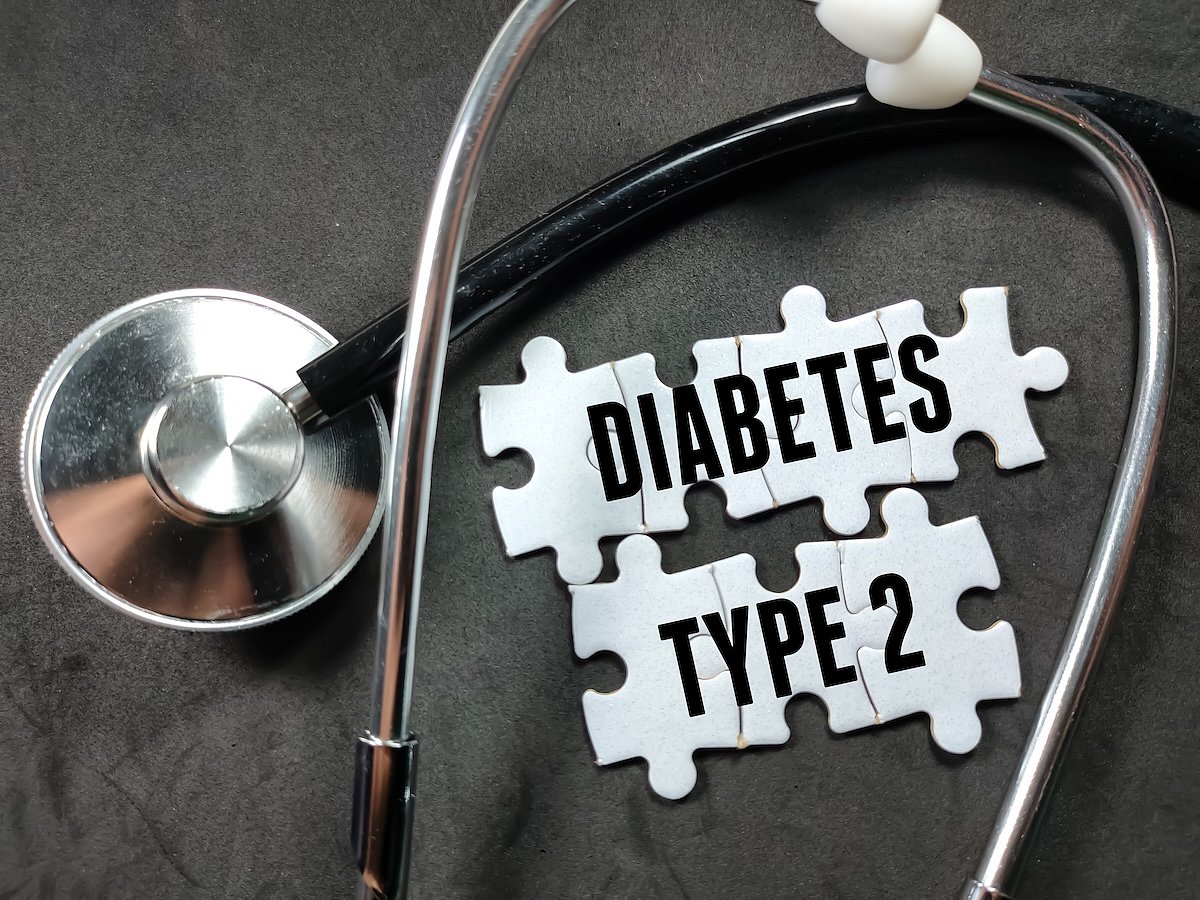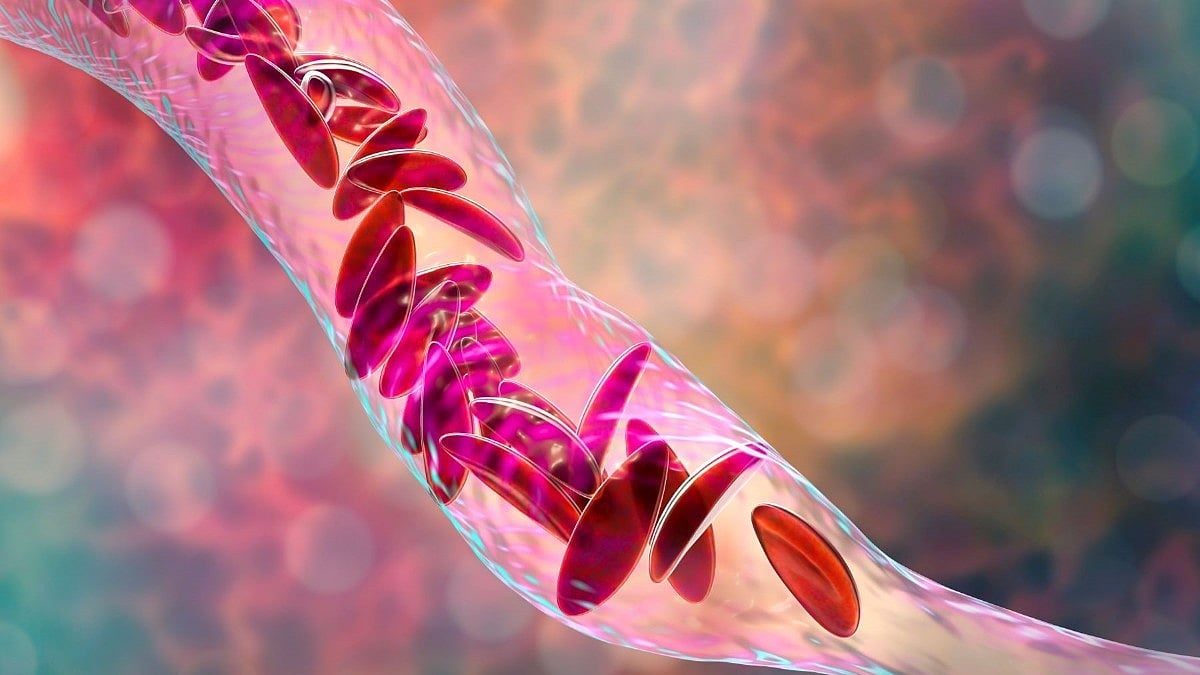
The Elecsys pTau181 blood test correctly identified people without Alzheimer’s in 97.9% of cases read on >

The Elecsys pTau181 blood test correctly identified people without Alzheimer’s in 97.9% of cases read on >

Dangerous infections that no longer respond to antibiotics are spreading quickly around the world, increasing by as much as 15% a year, according to a new report from the World Health Organization (WHO). The report found that 1 in 6 infections worldwide in 2023 was resistant to common antibiotics, including drugs used to treat urinary… read on > read on >

Use lifestyle interventions to show no signs of type 2 diabetes for at least three months? There’s a code for that: E11.A. Starting Oct. 1, 2025, a new diagnosis code was added to the detailed list of codes used by health care providers: the remission of type 2 diabetes. The 2025 update to the medical… read on > read on >

ADHD appears to enhance creativity, a benefit that comes if a wandering mind is nudged in the right direction, a pair of new studies have concluded. Folks with more symptoms of attention deficit hyperactivity disorder score higher on creative tests, researchers reported Saturday at a meeting of the European College of Neuropsychopharmacology (ECNP) in Amsterdam.… read on > read on >

Most kids go without clear liquids at least three times longer than guidelines recommend prior to surgery, a new study says. About 4 out of 5 children and infants (79%) are on liquid fasts far longer than necessary, risking dehydration and anxiety, researchers reported Sunday at the American Society of Anesthesiologists’ annual meeting in San… read on > read on >

The college experience is a whirlwind of late nights, crowded dorms and shared spaces — a perfect storm for germs. Getting sick can get in the way of work and play and could hurt academic performance. And with students living in close quarters, upper respiratory infections, mononucleosis (mono) and even bacterial meningitis tend to spread… read on > read on >

A new study from Case Western Reserve University suggests a major shift in schizophrenia treatment: One that focuses on helping patients better interpret social cues. “We’ve been treating schizophrenia with a one-size-fits-all approach for decades,” Jessica Wojtalik, an assistant professor at the Cleveland university’s school of applied social sciences, said in a news release. “Now… read on > read on >

A new drug combo is offering hope for men with advanced prostate cancer. Adding the targeted cancer drug niraparib to hormone therapy reduced the risk of prostate tumor growth and slowed symptom advance, according to findings published Oct. 7 in the journal Nature Medicine. The combination was even more effective among men with genetic mutations… read on > read on >

Patients experiencing a sickle cell crisis can wind up waiting hours in agony if inappropriately triaged by ER staff, a new study says. Patients misplaced in a less severe pain category waited nearly three times as long for their first dose of pain medication compared to those assessed properly, researchers reported Oct. 7 in the… read on > read on >

Low-dose IV infusions of ketamine are safe and effective in treating chronic pain, a new study says. Ketamine infusions as part of comprehensive clinical pain care helped as many as 46% of patients improve their physical function, sleep quality and pain management, researchers reported this week in the journal Regional Anesthesia & Pain Medicine. “This… read on > read on >